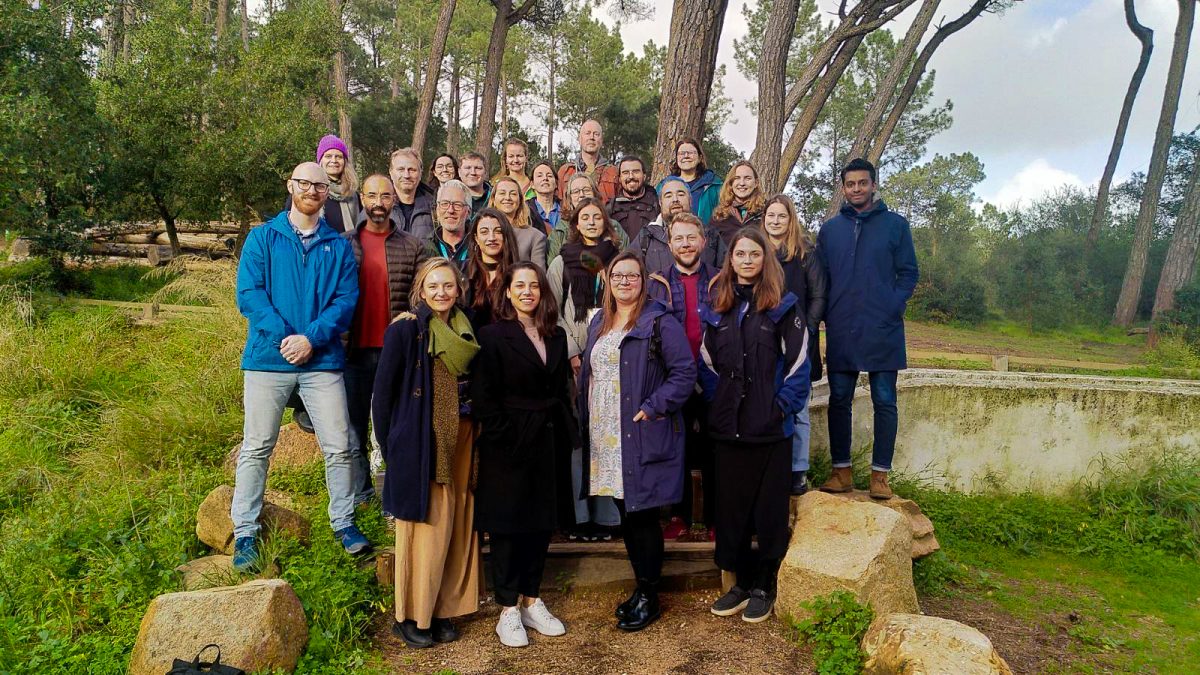The historic Casa da Cal in Cascais, Portugal set the stage for Urban ReLeaf’s 2025 General Assembly, where our partners gathered to advance our approaches to urban greening through citizen science and digital technology.
This assembly represents a crucial milestone in our mid-way journey toward Urban ReLeaf goals to support greener, more inclusive cities for sustainable urban greening and transformation
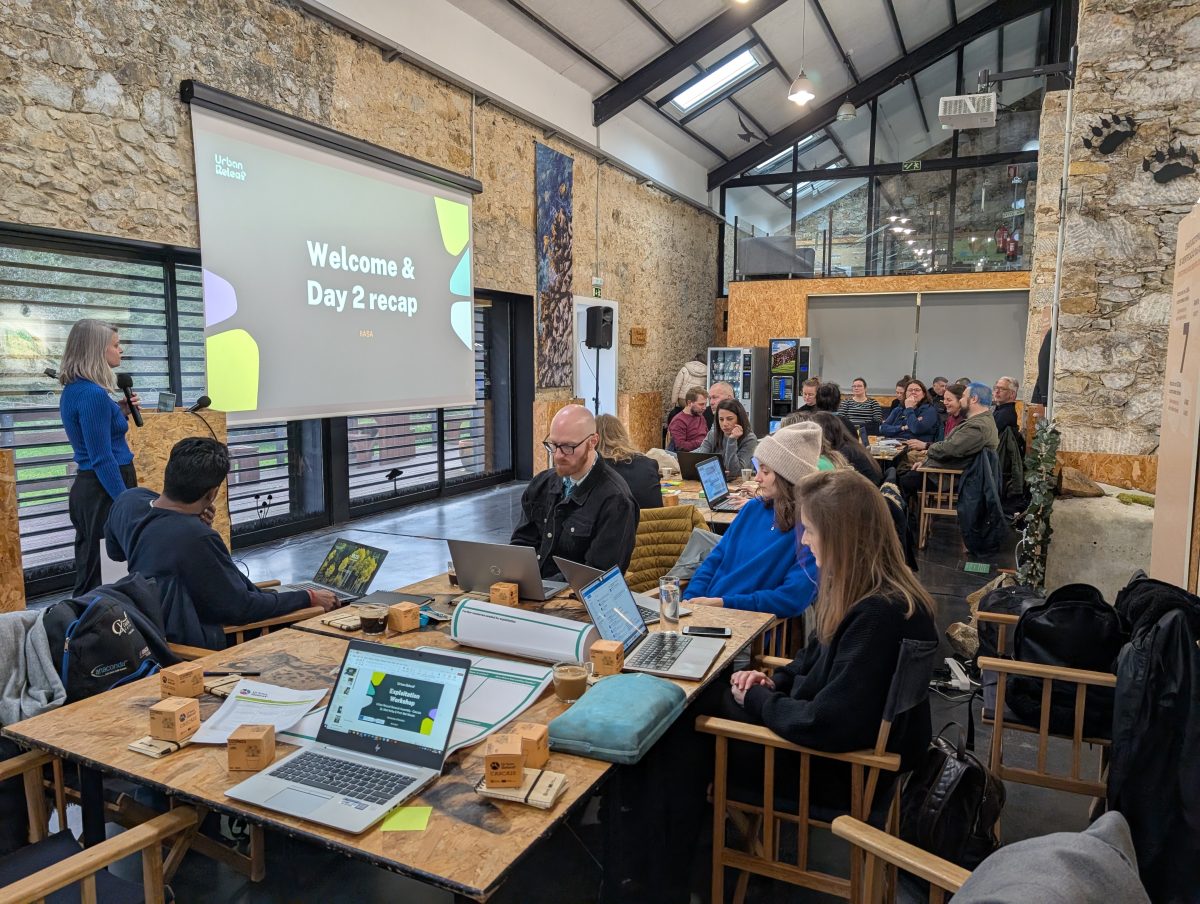
Reviewing Progress and Setting Priorities
The General Assembly opened with a reflection of key achievements from the second year of activity, including our milestone successes with a particular focusing on scaling pilot campaigns across our cities in 2025.
Innovation Meets Urban Planning
Building on these foundations, sessions explored the integration of Earth Observation data with citizen-generated insights through World Café discussions. Partners collaborated on how this combination can transform urban planning and policy-making, leading to more informed decisions about green space development.
The technical sessions were grounded in real-world application through a field visit to Cascais’s urban greening sites, where local initiatives demonstrated the practical impact of citizen-driven approaches.
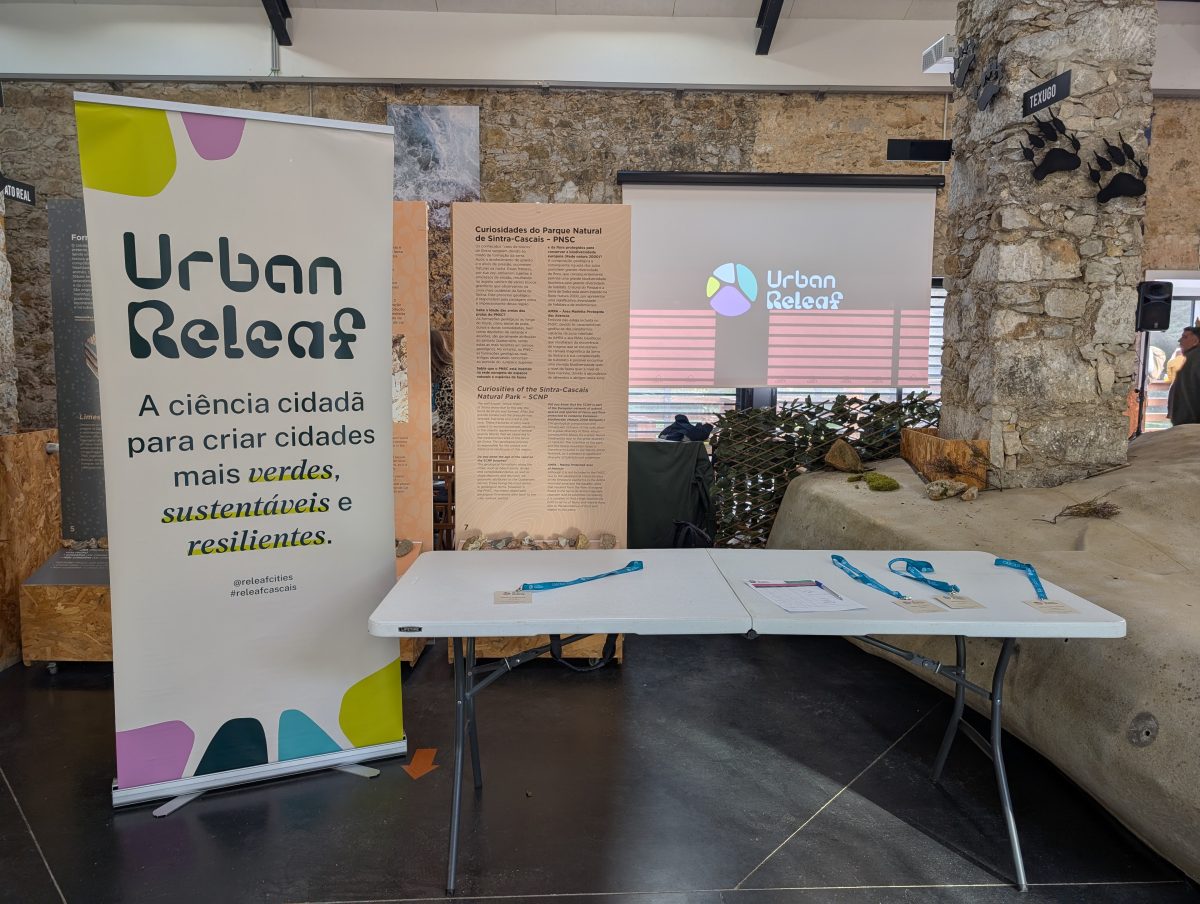
Fostering Inclusive Community Engagement
The assembly dedicated significant attention to ensuring Urban ReLeaf’s initiatives reach and benefit all community members. We refined approaches for measuring and enhancing inclusion of vulnerable groups in pilot campaigns. A key innovation for 2025 will be the launch of Pop-up Community and Culture Labs across pilot cities.
This program will embed six creative professionals – including artists, designers, and cultural practitioners – within local communities to reflect on urban greening in a way that reflects local identity, aspirations and visions.
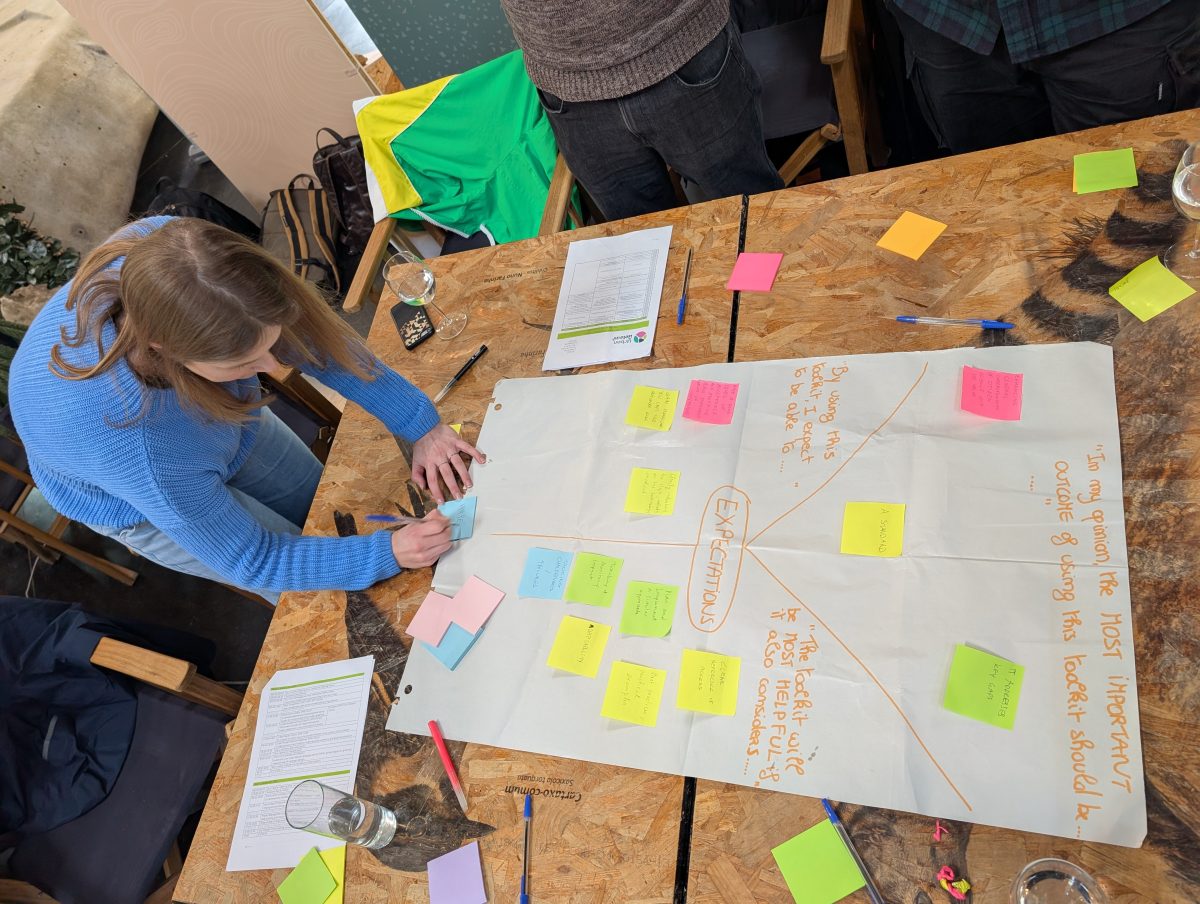
Governance, Tools, and Adoption Strategies
Working sessions focused on co-developing adaptive governance models for inclusive, data-driven urban greening. Partners collaboratively structured the Urban ReLeaf Toolkit, identifying essential resources to support cities in implementing nature-based solutions. The adoption roadmap discussion outlined clear pathways for scaling successful approaches across different urban contexts.
Impact Assessment and Next Steps
The assembly’s final day focused on refining methods for sharing insights and assessing impact, with particular attention to policy implications. Partners developed exploitation strategies to ensure project sustainability beyond its formal conclusion.
Communications planning built on successful 2024 metrics to expand reach and visibility across key audiences in 2025.
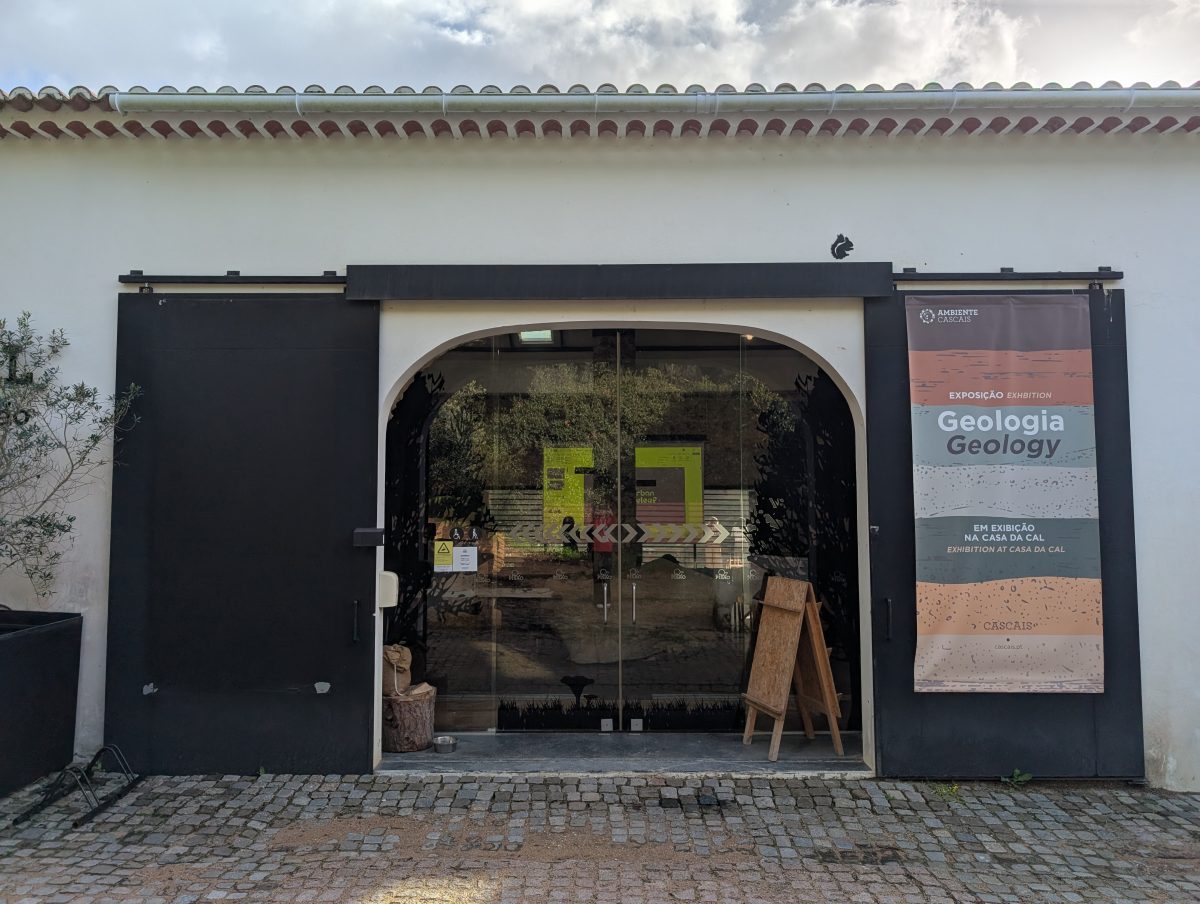
Building for the Future
Key activities that will shape Urban ReLeaf’s work throughout 2025 include:
- Plans for scaling pilot campaigns across our cities in 2025
- Enhanced understanding of inclusion and protocols for ethical data management
- A rollout of new wearable sensors to support citizens in monitoring temperature and relative humidity.
- The launch of an open call for our Pop-up Community and Culture Labs
- Refined strategies for policy impact assessment
- A collaborative plan for the Urban ReLeaf Toolkit
- An adoption roadmap for scaling successful Urban ReLeaf approaches
Looking Ahead
Updates on pilot campaigns, creative collaborations, and project developments will be shared regularly through Urban ReLeaf’s communication channels throughout 2025.
